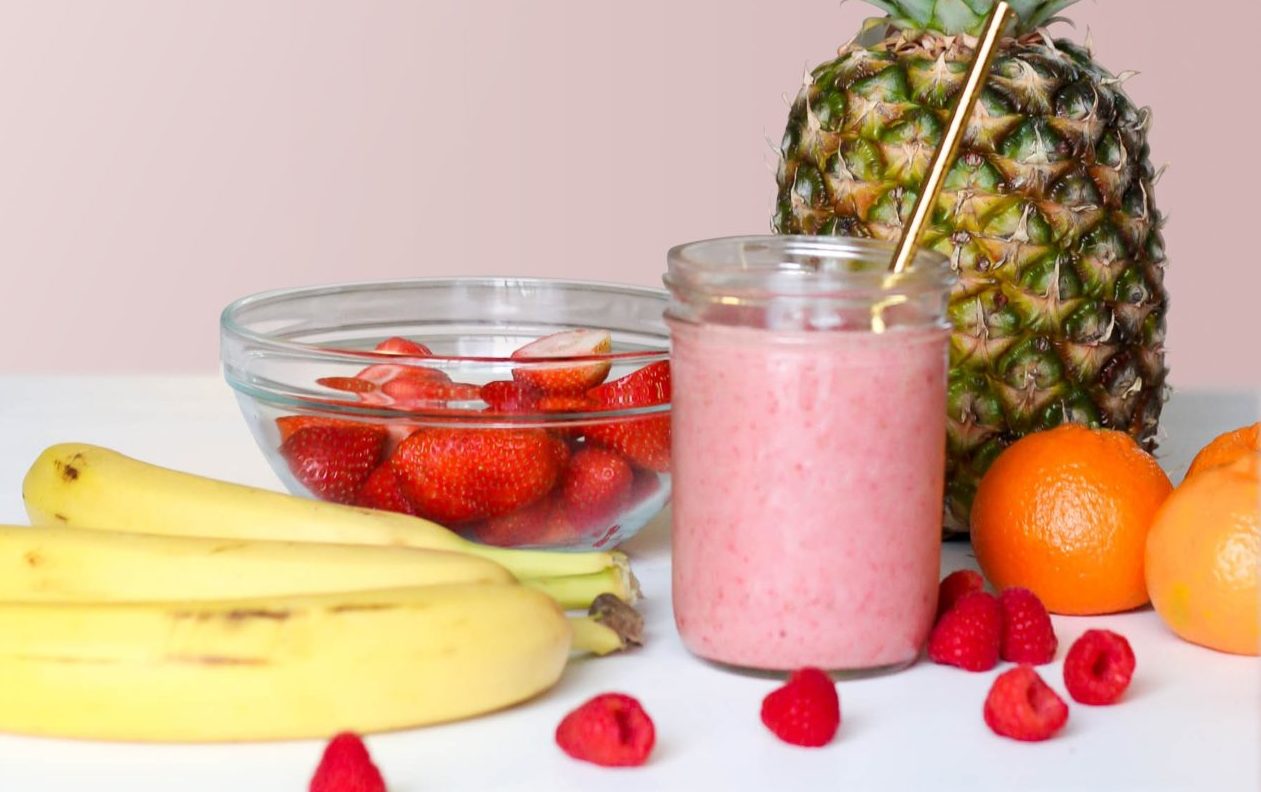Hippocrates once claimed that all disease begins in the gut, speculating that bile from the spleen brought on dark moods. Did you know that there are more bacteria co-existing in us than actual human cells in our bodies? This article explores the mounting evidence for gut health impacting our brain function, and vice versa.
University College Cork in Ireland showed that stressed-out lab rats developed irritable bowel syndrome. Analysis of their microbiome showed less diversity than rats that were “less stressed”. Bacteria in our gut have a range of anti-inflammatory and mood-stabilising effects – for example, our gut produces 90% of the serotonin, a hormone that regulates our mood.
Another experiment in Japan showed that rats raised in sterile conditions, with no germs on or in their bodies, showed high fluctuations in corticosterone and ACTH which represent the stress response hormones. Feeding these rats Lactobacillus reduced their stress levels.
The gut-brain axis is a description of the pathway and link between gut bacteria (biome) and our cognitive and mental health. A nerve directly linking the gut to our brain, the vagus nerve, is thought to be enabling this direct connection.
More evidence has shown that improving gut biome leads to improvements in mood and behaviour. This evidence is still being established but many clinicians are already experimenting with priobiotic treatments (fermented foods and supplements) and faecal transplants (yep, poo pills or enemas).
An Australian study showed that a diet higher in beneficial bacteria can reduce depression in more than a third of people. Evidence is also forming that the Australian diet, which is relatively high in sugars and refined carbohydrates, is not healthy for our gut nor our brain, plus contributes to inflammation and oxidative stress (the process that can cause free radicals and cancer cells). Inflammation in turn can cause sleep disturbance, allergies, depression, learning deficits and brain fog.
A phenomenon called “leaky gut” has been described where food and waste particles are absorbed into our blood stream as a result of stress, infection or toxins. This in turn causes inflammation and can similarly lead to allergies, skin blemishes, mood imbalances, gastrointestinal and auto-immune symptoms.
Furthermore, our gut functioning as a “second brain” can work the other way, where how we feel impacts how our gut functions. Chronic stress can impact neurotransmitter production by our gastro-intestinal tract, impacting both mood and memory. Those with depression show greater response to probiotic supplementation than those without.
Ways to improve gut health, and our overall mental health, include:
- Eat a wide range of unprocessed foods, including whole grains, lean meats, fish, fruits, and vegetables, including prebiotic fibre foods such as asparagus,
bananas, garlic, onions, asparagus, chicory, Jerusalem artichoke or jicama (prebiotics help produce probiotics). The Mediterranean diet has been proven to reduce the risk of depression by half - Supplement with probiotics, such as non-sugary Greek yogurt with live cultures, unpasteurised sauerkraut, kimchi, miso soup, kefir, kombucha, tempeh and apple cider vinegar
- Minimise antiobiotic use, especially for upper respiratory infections (most colds are viral and antibiotics don’t work)
- Minimise sugar and sweeteners
- Manage stress and get good quality sleep
- Exercise regularly – athletes have a greater variety of gut flora
- Be cautious of disinfectants – one study showed regular disinfectant use may increase the risk of obesity and type 2 diabetes in infants
- Stop smoking if you do – smoking causes more bad vs good bacteria
Our gut health is worthwhile considering as we find different ways to support the growing challenge of psychological distress coming out of Covid. Here’s a handout with basic information to share with others: link
References:
- https://www.discovermagazine.com/mind/gut-bacterias-role-in-anxiety-and-depression-its-not-just-in-your-head
- https://observer.com/2017/07/gut-health-brain-fog-microbiome-connection/#:~:text=Gut%20Bacteria%20and%20the%20Brain,are%20connected%20to%20gut%20inflammation.
- https://www.brainforestcenters.com/resources/five-signs-that-you-may-have-leaky-gut
- https://www.hopkinsmedicine.org/health/wellness-and-prevention/the-brain-gut-connection
- https://www.bbc.com/future/article/20190218-how-the-bacteria-inside-you-could-affect-your-mental-health
- https://www.medicalnewstoday.com/articles/325293#exercise
